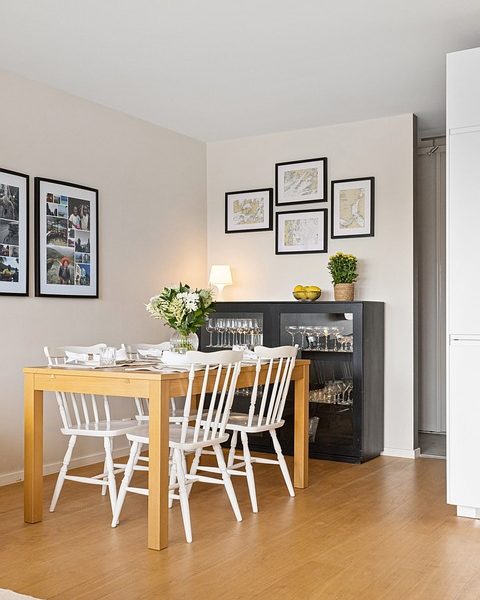Top Tips for Buying Your Dream Mountain Home
Top Tips for Buying Your Dream Mountain Home
Buying a mountain home can be a dream come true for many people. The fresh air, stunning views, and peaceful surroundings make mountain living a desirable choice for those looking to escape the hustle and bustle of the city. However, purchasing a mountain home comes with its own set of challenges and considerations. To help you navigate the process, here are some top tips for buying your dream mountain home.
1. Consider Accessibility
One of the first things to consider when buying a mountain home is accessibility. Mountain homes can be located in remote or hard-to-reach areas, which can impact your daily life. Consider how far the home is from major highways, grocery stores, medical facilities, and other amenities. You’ll also want to think about the road conditions and whether the home is easily accessible in all seasons.
2. Research Zoning Regulations
Before making an offer on a mountain home, it’s important to research the local zoning regulations. Some mountain areas have strict regulations on what can be built and where, so you’ll want to make sure that your dream home will comply with these rules. You may also want to consider any restrictions on things like short-term rentals or building additional structures on the property.
3. Hire a Local Real Estate Agent
When buying a mountain home, it’s essential to work with a local real estate agent who knows the area well. A local agent will have valuable knowledge about the market, neighborhoods, and potential pitfalls to look out for in mountain home purchases. They can also help you navigate the unique challenges of buying a home in a mountainous area.
4. Get a Home Inspection
Mountain homes are often subject to unique weather conditions, such as heavy snowfall, strong winds, and extreme temperatures. These conditions can take a toll on a home’s infrastructure, so it’s essential to get a thorough home inspection before closing on a mountain property. Look for signs of water damage, mold, pests, and structural issues that may be common in mountain homes.
5. Consider Insurance
Mountain homes are more susceptible to natural disasters like wildfires, floods, and avalanches. Make sure to investigate what types of insurance coverage you’ll need for your mountain home, and consider purchasing additional coverage for these specific risks. It’s also a good idea to look into the cost of insurance in the area you’re considering and factor that into your budget.
6. Think About Utilities
Mountain homes may not have access to city water, sewer, or electricity, so you’ll need to consider how these utilities will be provided. Some mountain homes rely on wells for water and septic systems for waste disposal, while others may use alternative energy sources like solar panels or generators. Make sure to factor in the cost of these utilities when budgeting for your mountain home.
7. Visit the Property in Different Seasons
Mountain properties can look very different depending on the season, so it’s a good idea to visit the property at different times of the year before making a purchase. Look for things like accessibility in winter, potential flooding in spring, and fire risks in summer. Visiting the property multiple times will give you a better idea of what to expect throughout the year.
8. Consider Resale Value
While buying a mountain home is a personal decision, it’s essential to think about the home’s resale value in case you decide to sell in the future. Consider factors like the location, views, amenities, and potential for rental income when evaluating a mountain property’s resale potential. A real estate agent can help you assess these factors and make an informed decision.
9. Budget for Maintenance
Mountain homes require ongoing maintenance to keep them in good condition, especially given the harsh weather conditions they may be subject to. Budget for regular upkeep, such as snow removal, roof repairs, and pest control, when purchasing a mountain property. It’s also a good idea to have a contingency fund for unexpected repairs that may arise.
10. Take Your Time
Buying a mountain home is a significant investment, so it’s essential to take your time and not rush the process. Do thorough research, visit multiple properties, and consult with experts before making a decision. Remember that buying a mountain home is a long-term commitment, and it’s essential to find the right property that fits your needs and lifestyle.
In conclusion, buying a mountain home can be a rewarding experience, but it requires careful planning and consideration. By following these top tips for buying your dream mountain home, you can make an informed decision and enjoy the benefits of mountain living for years to come. Good luck in finding your perfect mountain retreat!






